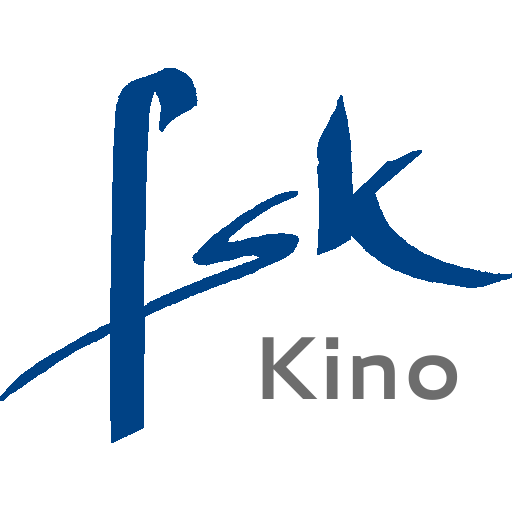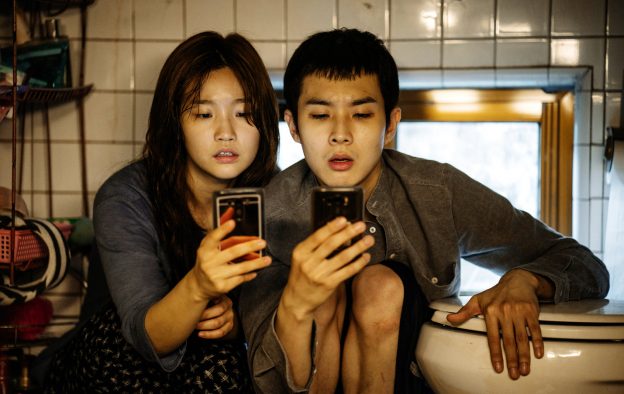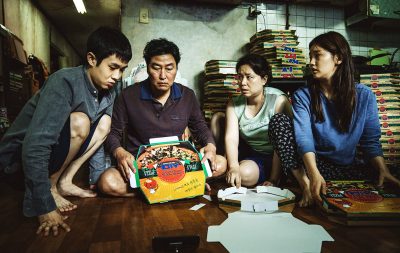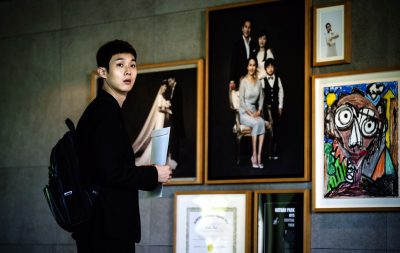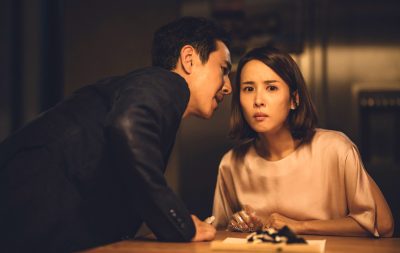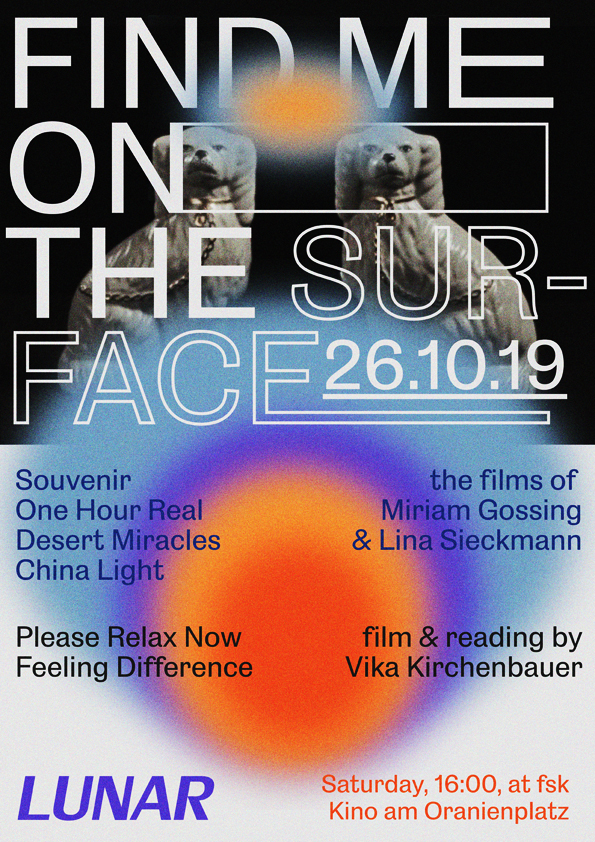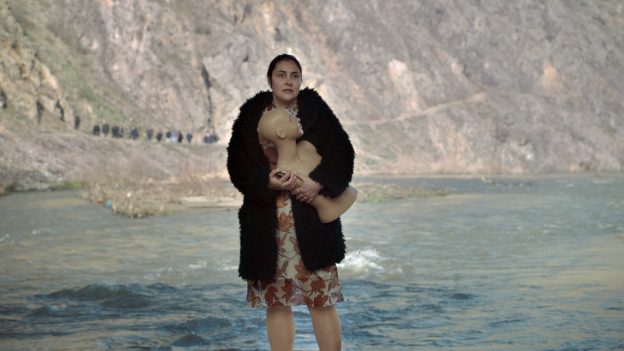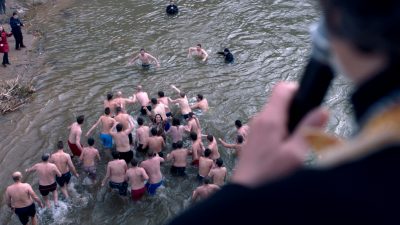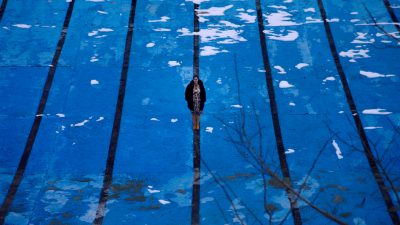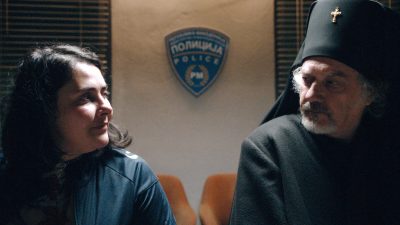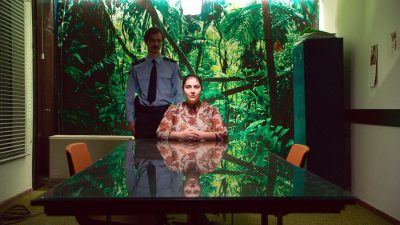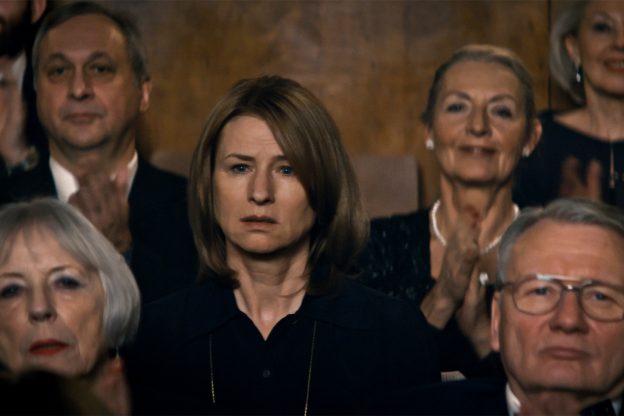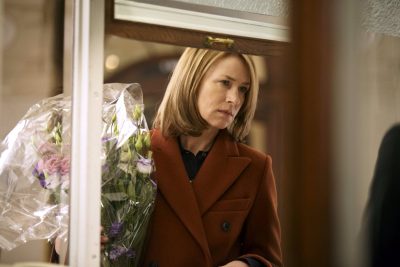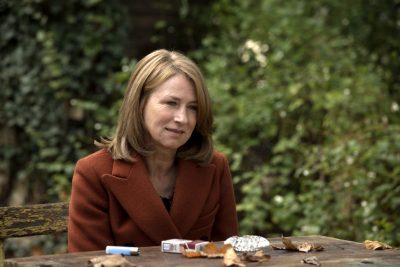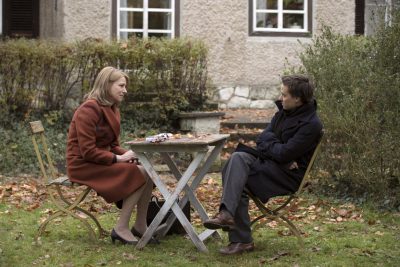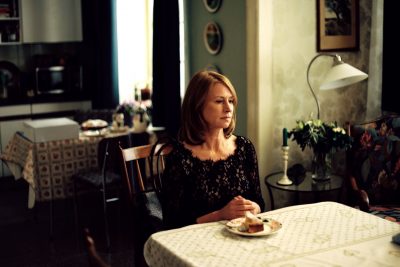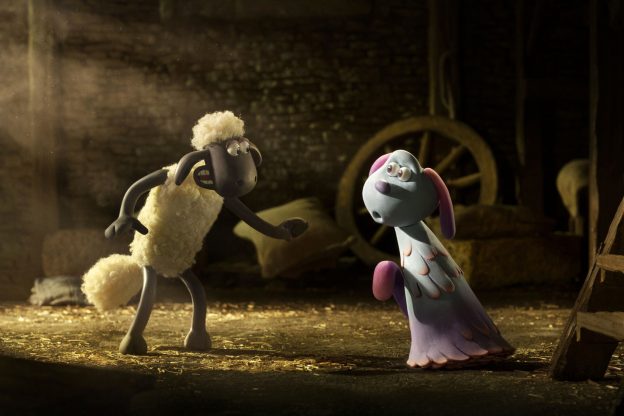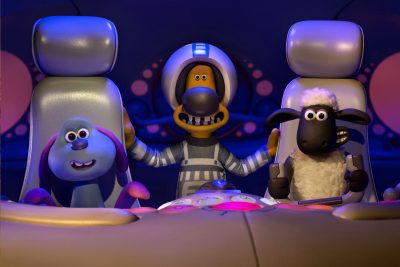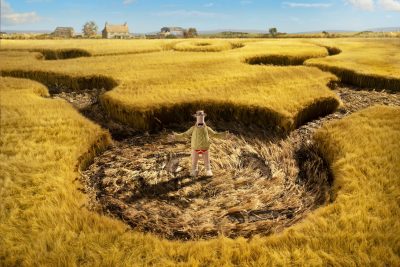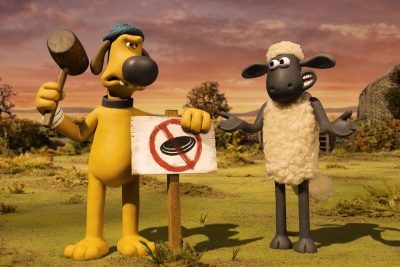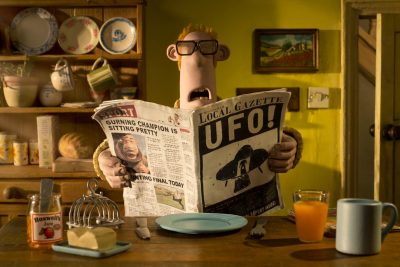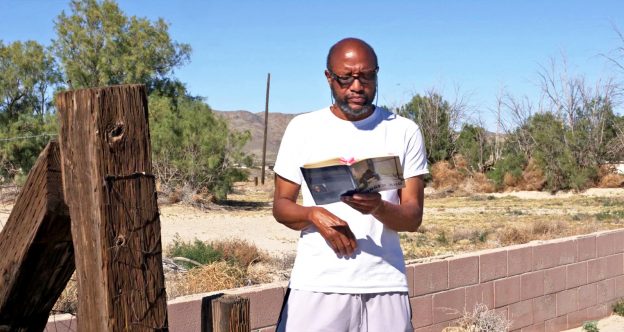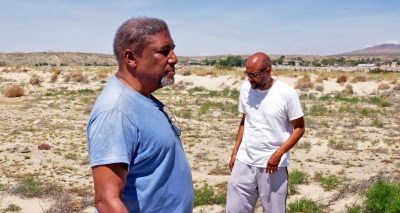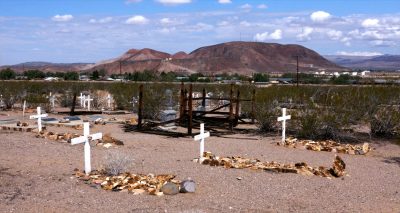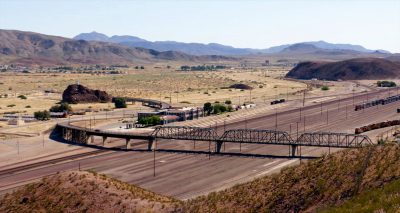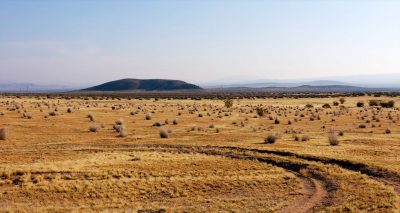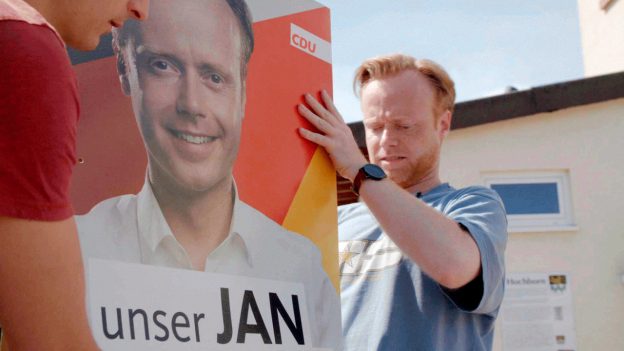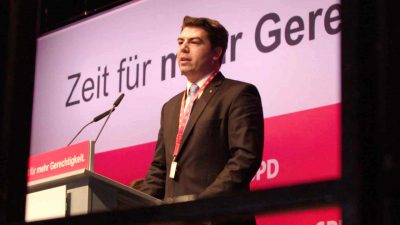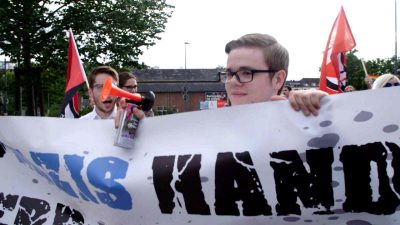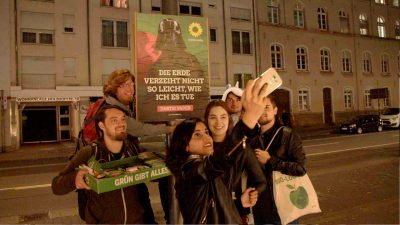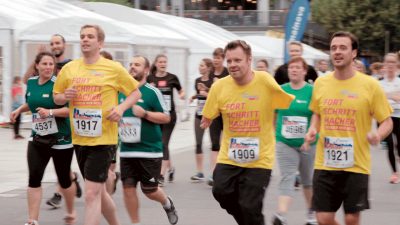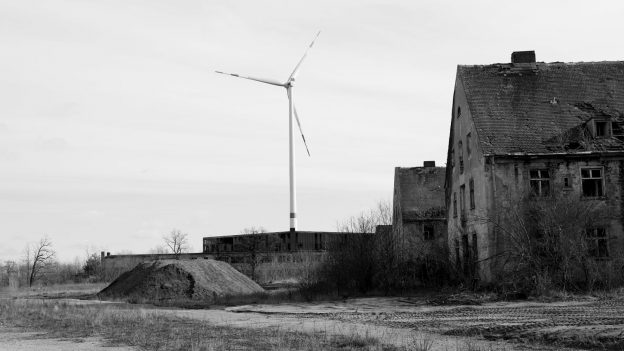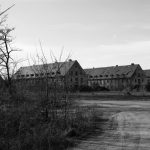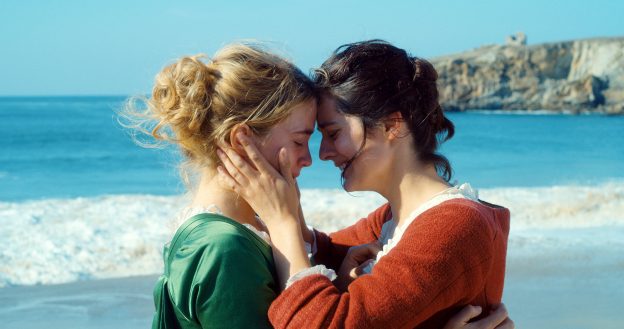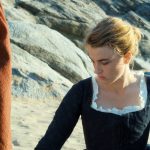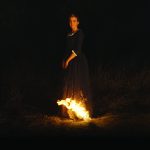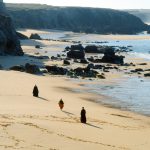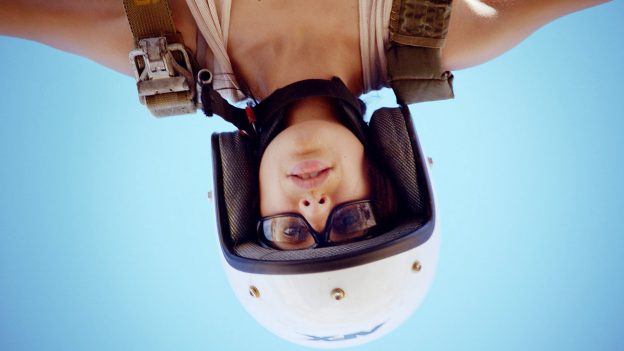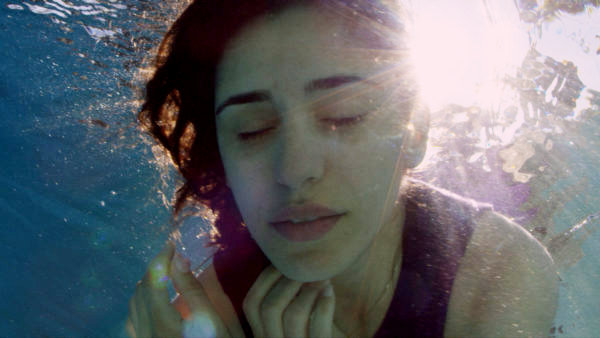Ein Film von Thomas Heise.
[Credits] [Termine] [Trailer]
Viele Ichs kommen in Thomas Heises essayistischem Dokumentarfilm „Heimat ist ein Raum aus Zeit“ zu Wort und dennoch ist in keinem Moment jene Ich-Bezogenheit zu spüren, an der allzu viele zeitgenössische Dokumentationen (und Spielfilme) kranken. Denn der 1955 in Ost-Berlin geborene Thomas Heise erzählt hier zwar durch und durch subjektiv, tut jedoch in keinem Moment so, als wäre diese persönliche Perspektive ein Spiegel des großen Ganzen.
Enorme Mengen an Material hat Heise zusammengetragen, vor allem Briefe, die sich seine Verwandten im Lauf der Zeit schrieben. Angefangen mit seinem Großvater Wilhelm, der durch die Erfahrungen des Ersten Weltkrieges zum Kommunisten wurde und später eine Wiener Jüdin heiratete, die im Holocaust einen Großteil ihrer Familie verlor. Sein Vater Wolfgang wiederum war in der DDR Professor für Philosophie, korrespondierte mit Christa Wolf und Heiner Müller, setzte sich für Regimekritiker ein und wurde dadurch selbst von Regime getadelt. Seine Frau Rosemarie war Übersetzerin, Redakteurin, Verlegerin, schließlich Thomas selbst, der nach der Wende durch Filme wie „Stau – Jetzt geht’s los“ „Vaterland“ oder „Material“ zu einem nachdenklichen Chronisten Deutschlands und seiner Geschichte wurde.
Über dreieinhalb Stunden liest Heise selbst mit sonorer Stimme aus Briefen seiner Verwandten vor, oft unspektakuläre Briefe, in denen sich die historischen Verwerfungen ihrer Zeit nur andeuten, mal weniger stark, mal deutlicher. Unterlegt sind diese Bild nur selten mit historischen Aufnahmen oder Fotos, stattdessen mit auf den ersten Blick banal wirkenden schwarz-weiß Aufnahmen von Alltäglichem: Wald und Felder sind da zu sehen, eine verlassene Bank, Bahngleise ins Nirgendwo, Holzhaufen, meist Leere, keine Menschen, nur Geschichte, nur Erinnerungen.
Fast ein Hörspiel ist „Heimat ist ein Raum aus Zeit“ oft, doch gerade dass die Bilder das Gehörte nicht bebildern, nicht das Gesagte doppeln und überdeutlich kommentieren, öffnet Assoziationsräume, zwingt dazu, die eigenen Gedanken fließen zu lassen, Bezüge herzustellen, den Lauf der deutschen Geschichte in der gleichermaßen unspektakulären, aber doch bezeichnenden, persönlichen Geschichte der Familie Heise zu finden.
In einer der beeindruckendsten, beklemmendsten Szenen des Films rollt 20 Minuten eine Liste mit Namen ab. 19. Oktober 1941 ist auf ihr vermerkt und man muss nicht speziell wissen, dass an diesem Tag die Deportation der Wiener Juden begann, um angesichts dieser schier endlos langen Auflistung die unvorstellbaren Ausmaße der Vernichtung vor Augen zu haben.
Was Heimat ist, was dieser nach dem Dritten Reich diskreditierte Begriff heute bedeuten kann, ist eine Frage, die keine leichte Antwort kennt. Im Wissen um die Unmöglichkeit einer eindeutigen Antwort geht Thomas Heise einen anderen Weg, reiht Gedanken, Ideen, Assoziationen aneinander, die – lässt man sich darauf ein – „Heimat ist ein Raum aus Zeit“ zu einem reichen und bereichernden Erlebnis machen.
Michael Meyns | programmkino.de
[nbsp]
Credits:
DE/AU 2019, 218 Min.,
Regie & Buch: Thomas Heise
Kamera: Stefan Neuberger, Peter Badel, Börres Weiffenbach
Schnitt: Chris Wright
Termine:
- noch keine oder keine mehr
[nbsp]
Trailer:
